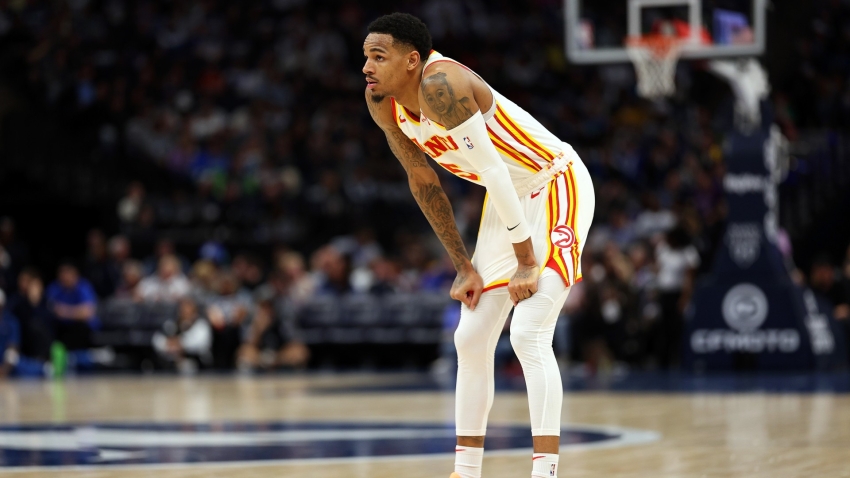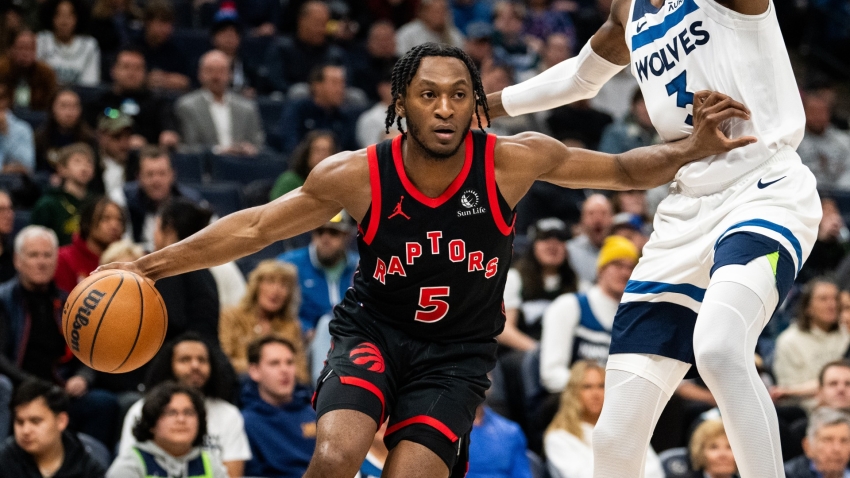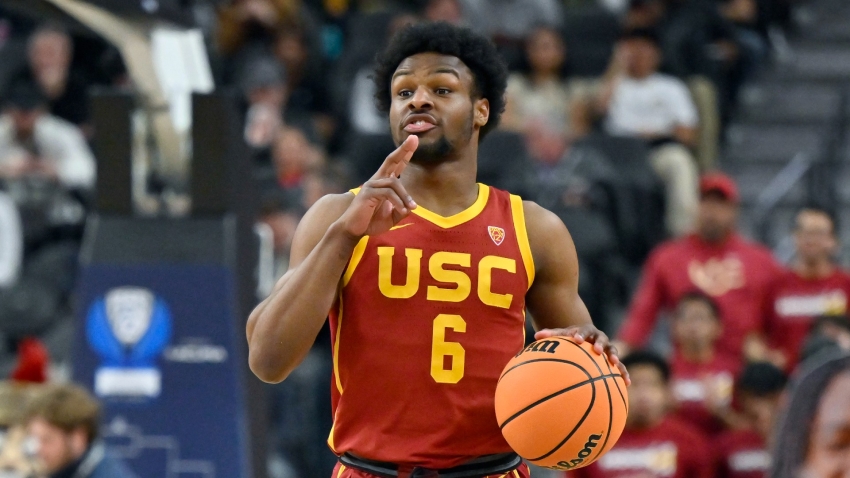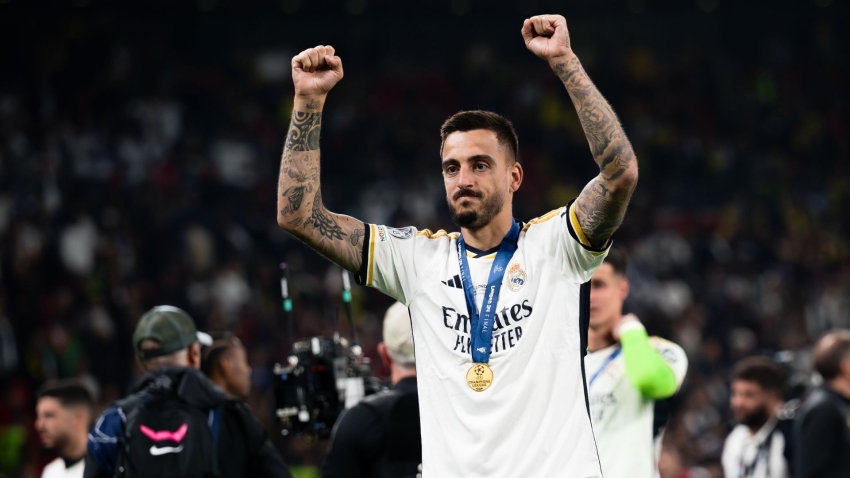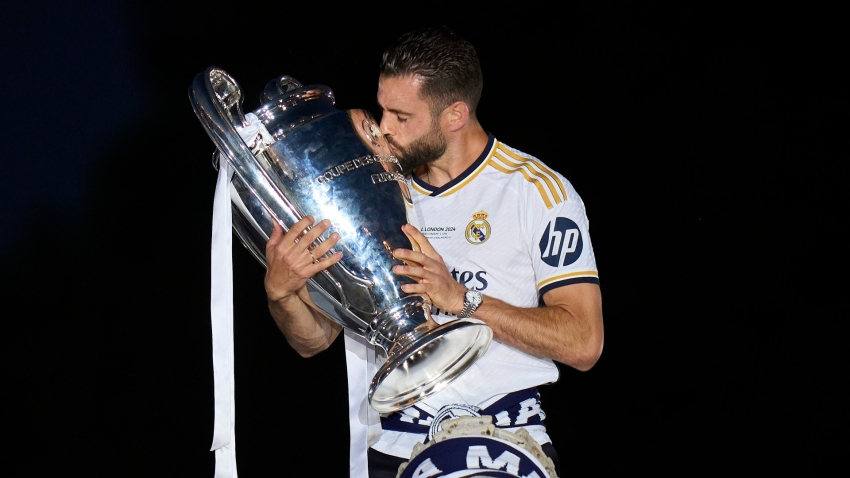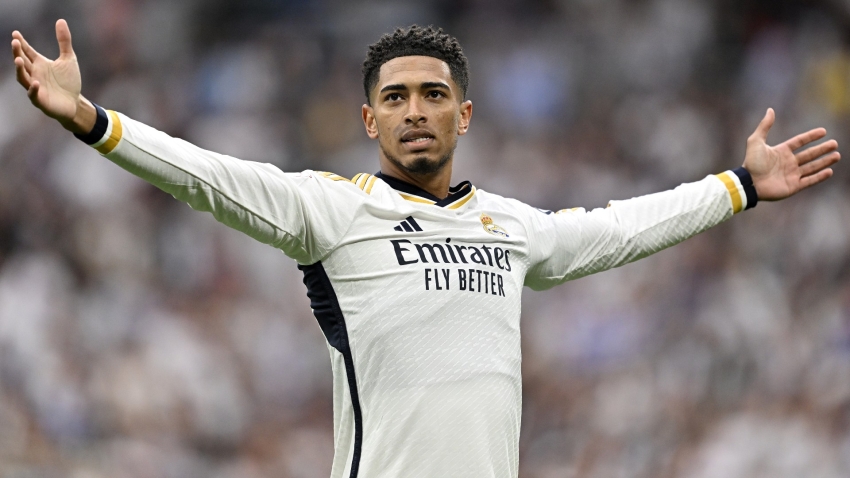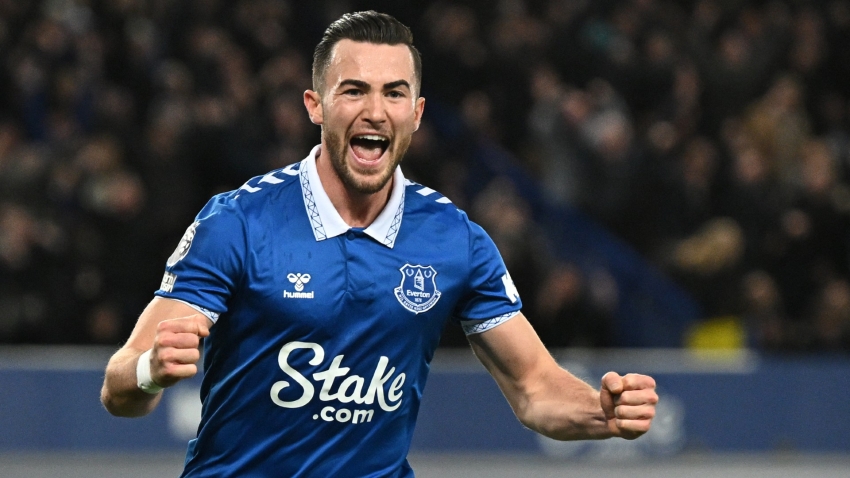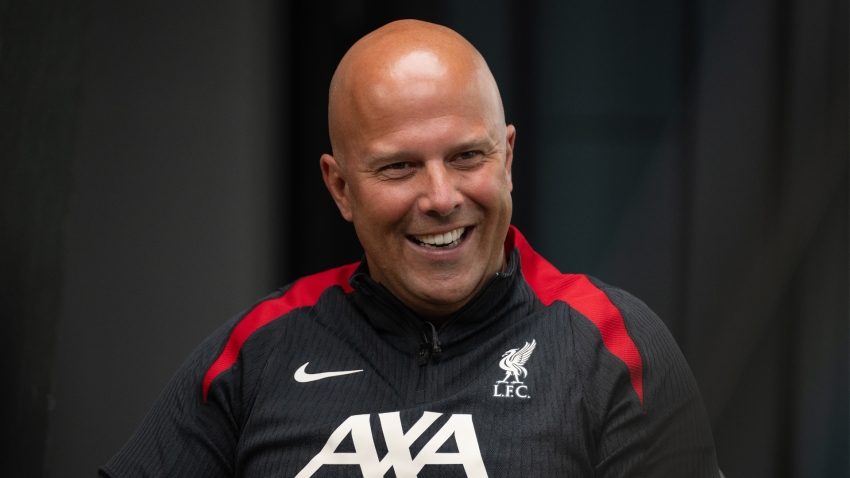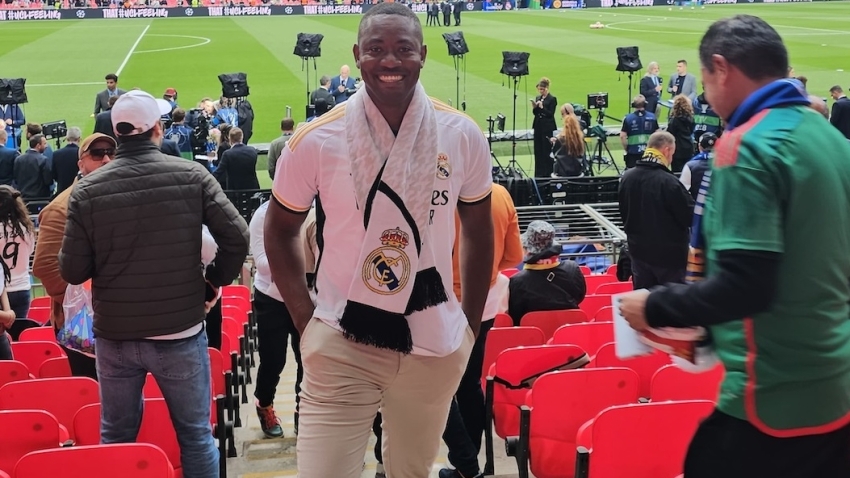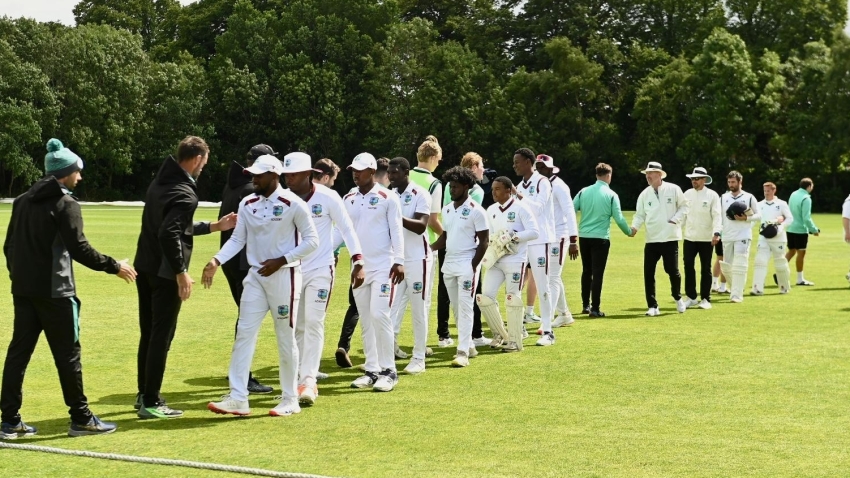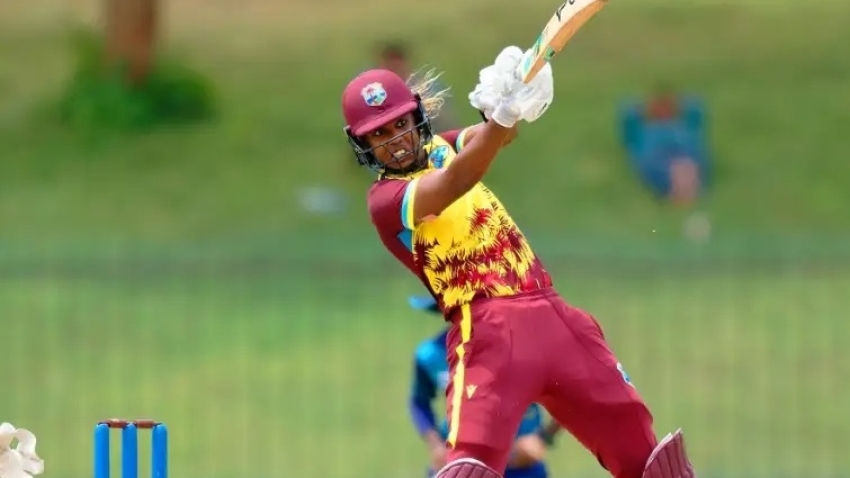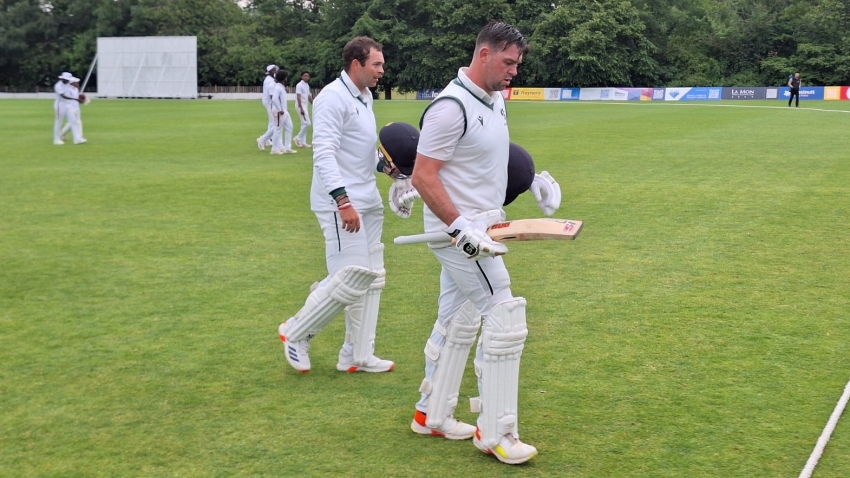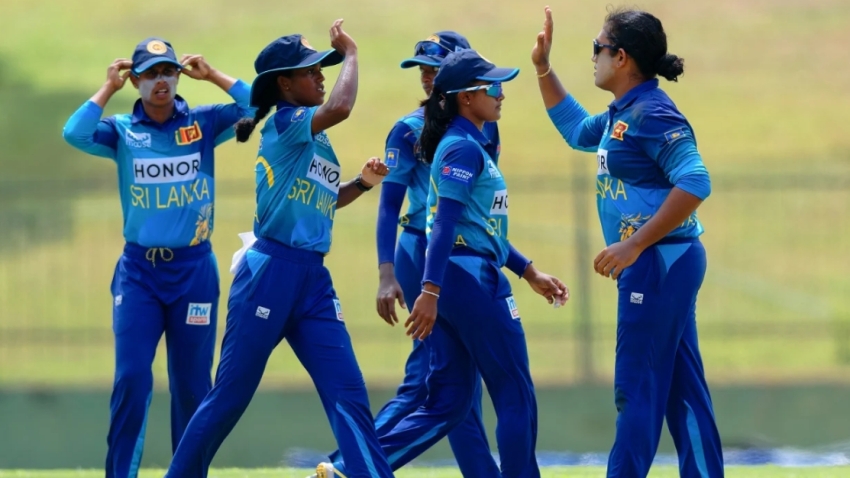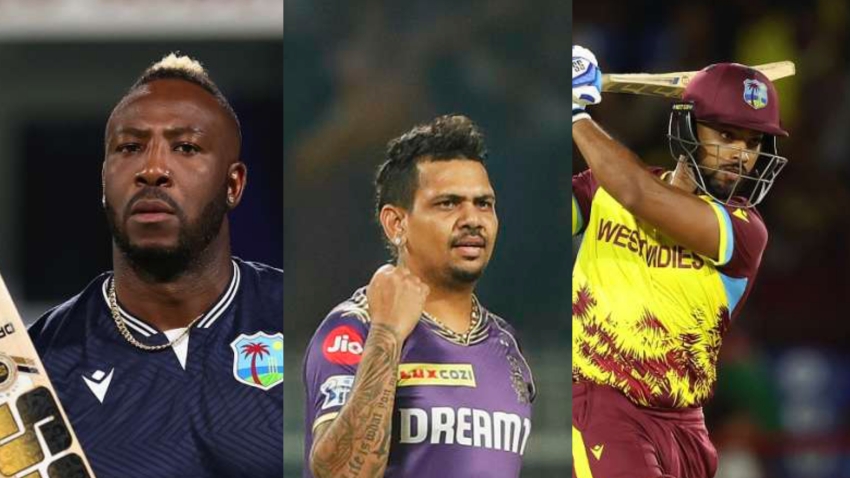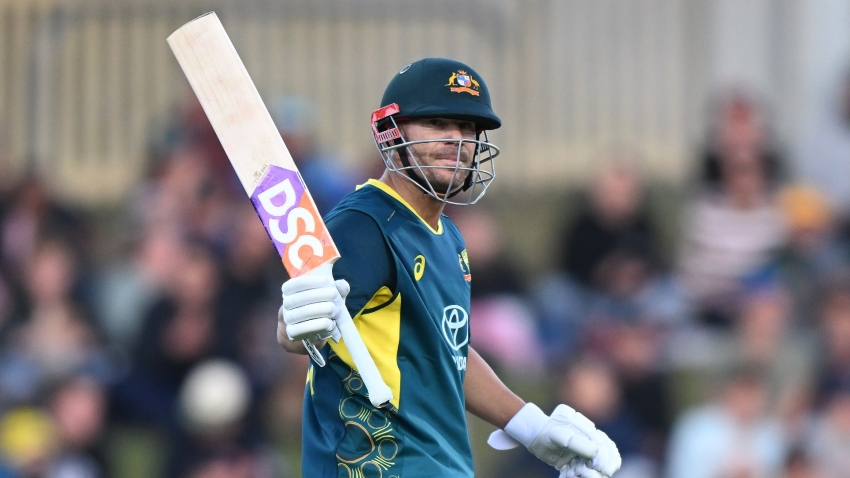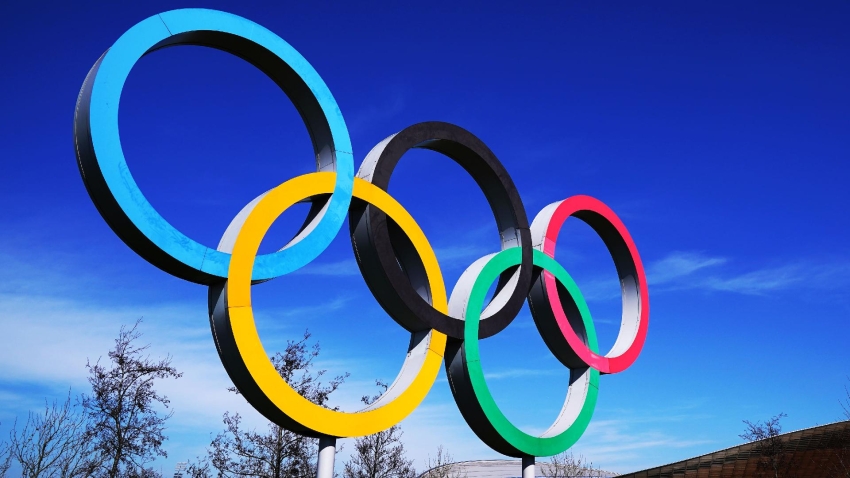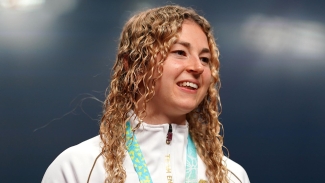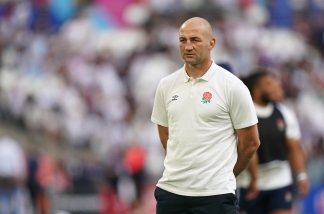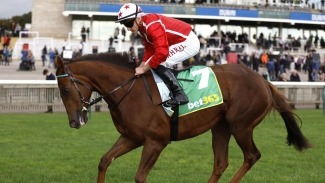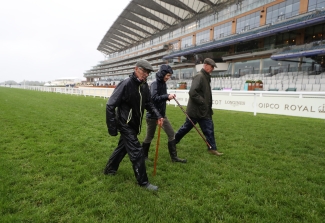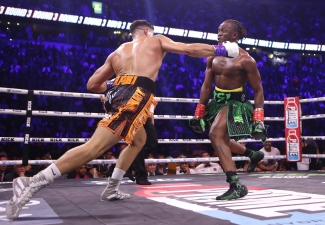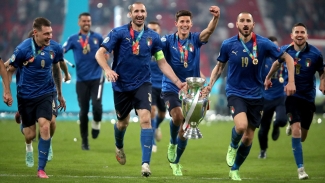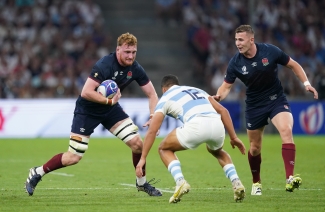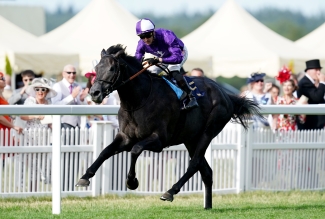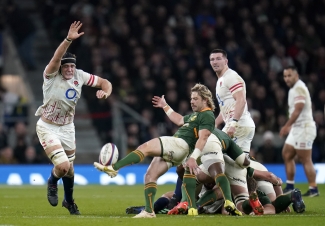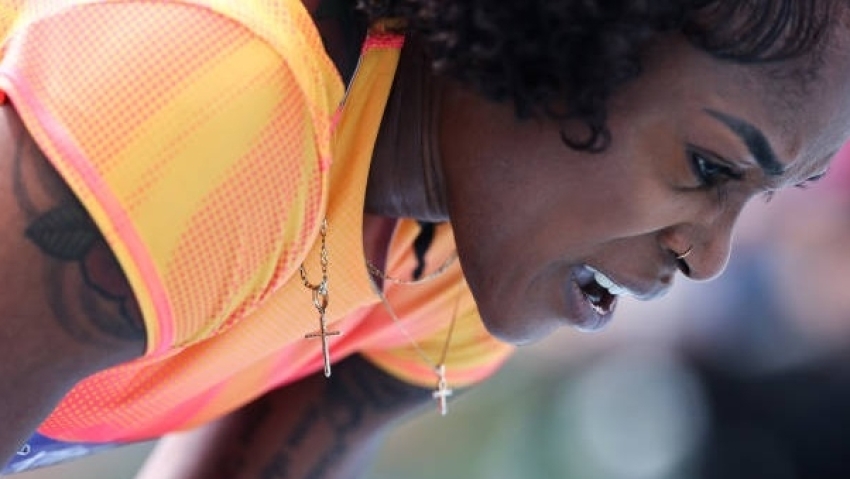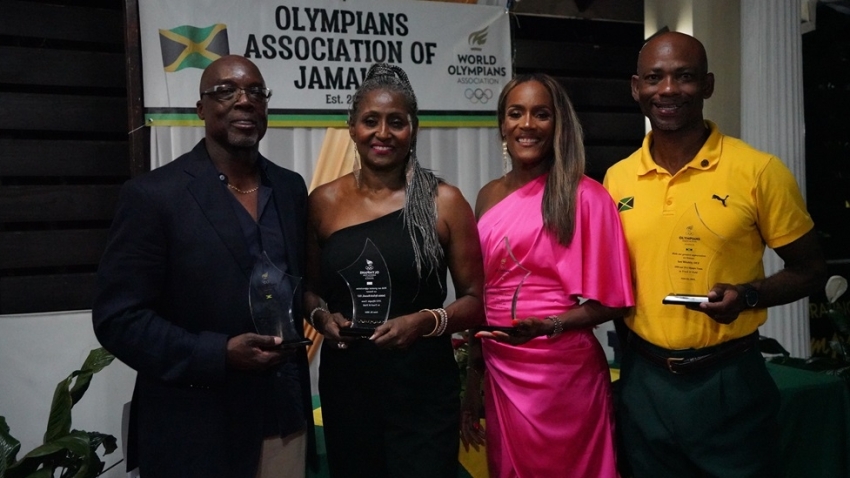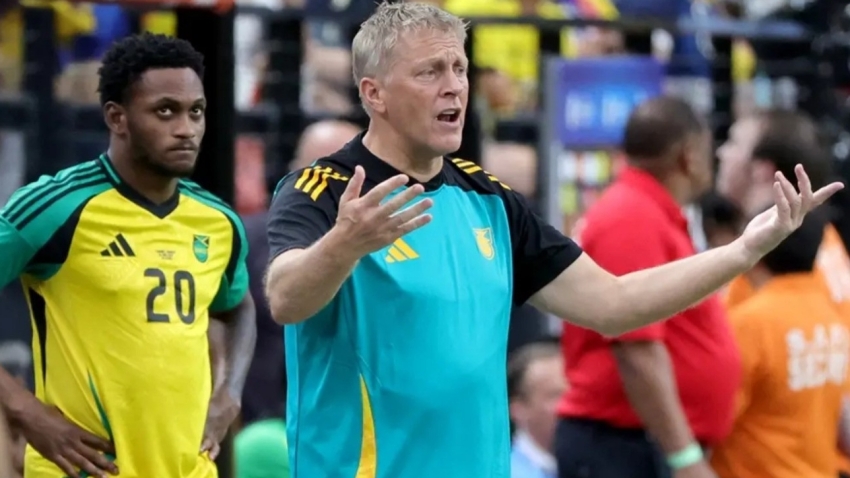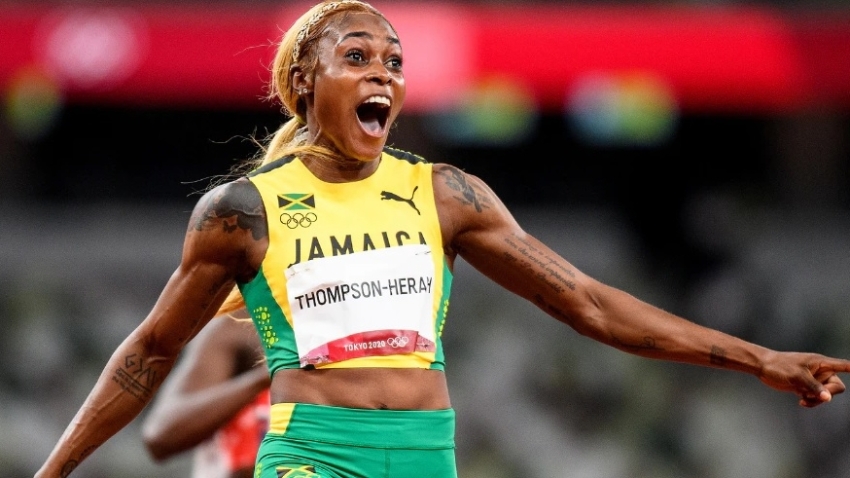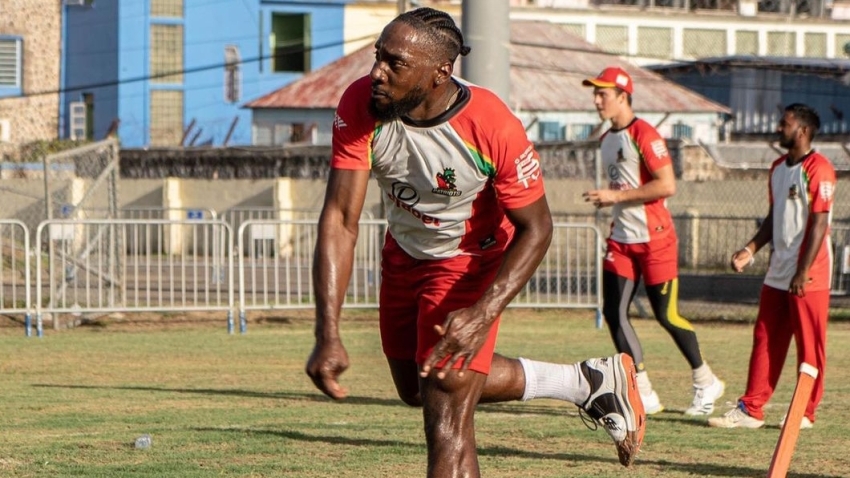Cricket’s inclusion in the 2028 Olympic Games programme can help it to reach new parts of the world, England and Wales Cricket Board chief executive Richard Gould has said.
The sport was one of five whose inclusion on the programme for the Los Angeles Games was rubber-stamped at the International Olympic Committee’s 141st Session in Mumbai on Monday.
It has featured only once before – in Paris in 1900 – but will return with six-team men’s and women’s competitions playing in a 20-over format.
Lacrosse sixes, squash, flag football – a non-contact variant of American football – and baseball/softball are the other sports which will feature in five years’ time.
“It’s fantastic that cricket will be included in the Olympics in 2028, putting it on one of the world’s biggest sporting stages,” ECB chief Gould said.
“This is a great opportunity to take cricket to new parts of the world, and to allow more people to develop a love for our sport.
“In particular I’m delighted that the Games will feature both men’s and women’s cricket, and have no doubt that featuring in the Olympics will accelerate the continuing and rapid growth of the women’s game.”
Greg Barclay, the chairman of the International Cricket Council, welcomed the decision and said: “The fact that the IOC confirmation of our selection occurred here in Mumbai, during the ICC Men’s Cricket World Cup, is truly the icing on the cake.
“The innings have just begun, and we can’t wait to see where this incredible journey leads.”
Squash will make its Olympic debut in LA, having suffered multiple rejections in the past.
“Squash is an amazingly dynamic, diverse and demanding sport that is perfectly suited for the Olympic Games,” World Squash Federation president Zena Wooldridge said.
“Everyone involved in our sport is elated to be LA28 bound and we look forward to being part of an unparalleled Olympic Games experience.”
Phil Collier, the head coach of Great Britain’s lacrosse sixes team, described the sport’s inclusion as “great news”, adding: “The global spread of lacrosse in recent years has come alongside a rise in standards of play, and a speeding up of the game. At the top international level, sixes lacrosse showcases the best of that. Great athleticism alongside incredible and innovative stick skills.
“What’s really exciting is knowing that right now, there are young players in schools, clubs and universities across the UK that can start to chase their own Olympic dreams, motivated to work hard to be the best lacrosse player they can be and to represent Great Britain at the Olympic Games.”
The International Federation of American Football (IFAF) hailed flag football’s inclusion at LA.
Diana Flores, the chair of the IFAF athletes committee, said: “To compete in the Olympic Games is the ultimate dream of every athlete, and millions of flag football players around the world will go to sleep dreaming of Los Angeles 2028 tonight.
“I want to thank everyone who has made this possible – including all my fellow athletes and ambassadors who have played such a central role in driving the project forward.
“Together, we are determined to use this incredible stage to showcase the best of flag football – its speed, athleticism and creativity, and also its power to transform lives and include new communities in sports.”
There remains a question mark over whether boxing will be part of the programme alongside these new sports.
The Session endorsed a recommendation from the IOC executive board to put on hold a decision over its inclusion, following the withdrawal of recognition for the International Boxing Association.


